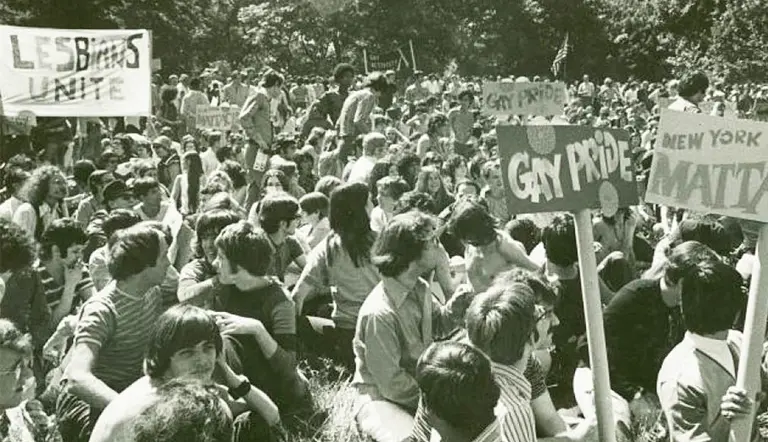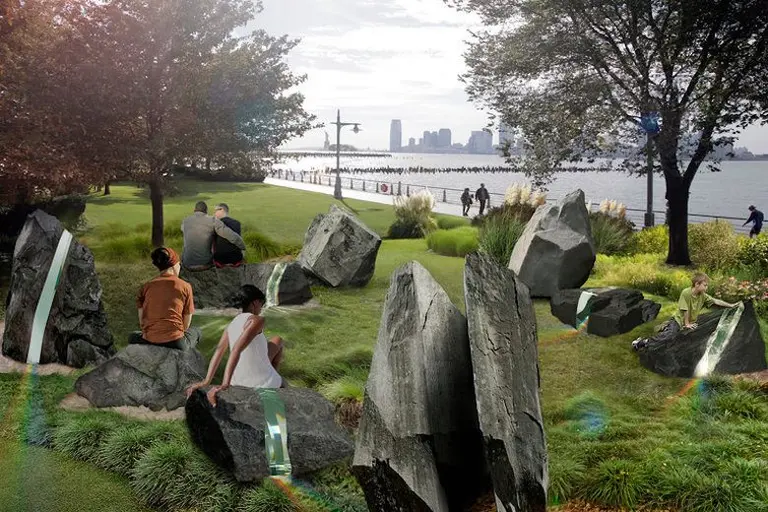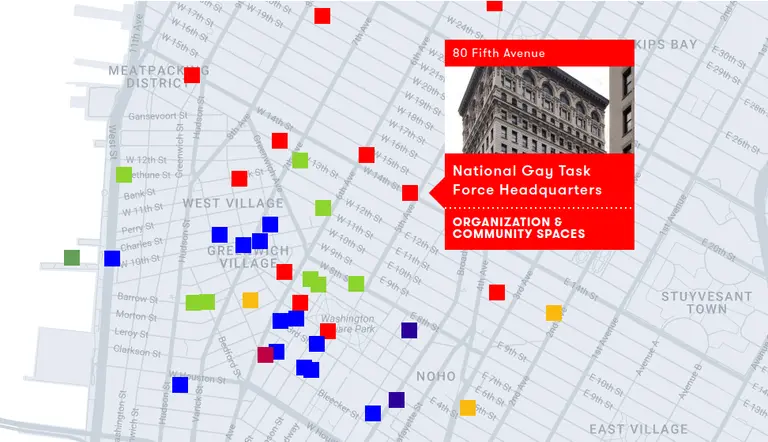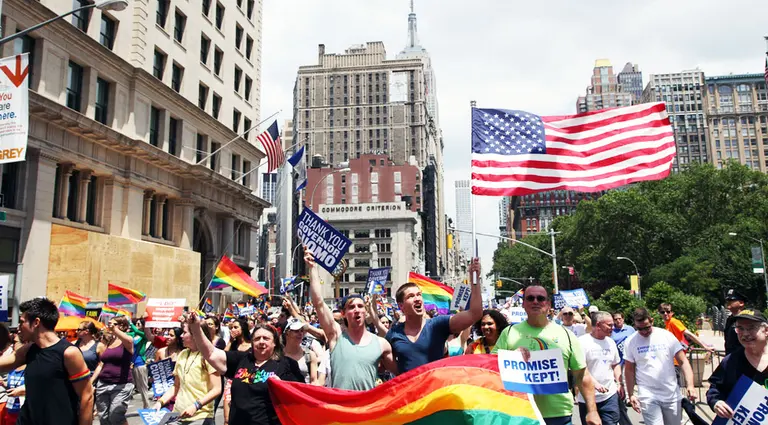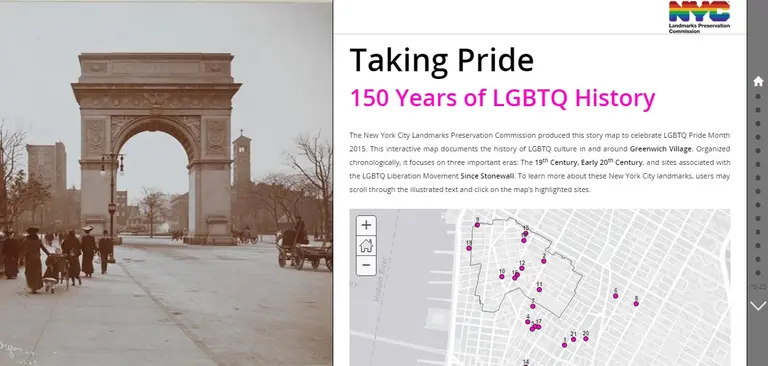July 21, 2020
On the corner of West 10th and Waverly Place sits Julius’ Bar, New York City’s oldest gay bar. Constructed in the middle of the 19th-century, the landmarked Greenwich Village building first opened as a grocery store and later became a bar. In addition to being one of the oldest continuously operating bars in the city, Julius’ is also known for its historic “Sip-In" on April 26, 1966, when members of the Mattachine Society--one of the country’s earliest LGBT rights organizations--protested the state law that prohibited bars from serving "suspected gay men or lesbians." Not only did the demonstration lead to the courts ruling in 1967 that gay people had the legal right to assemble and be served alcohol, but it also became one of the most significant instances of gay rights activism before the Stonewall Riots in 1969.
Like many businesses forced to close because of the coronavirus pandemic, especially now that indoor dining is on hold indefinitely, Julius' owner Helen Buford is struggling to pay the bills and launched a fundraising campaign this month to help save the bar. Ahead, go behind the scenes of Julius' while it remains closed, learn about its unique history from longtime bartenders Daniel Onzo and Tracy O’ Neill, and hear more from Helen about the struggle to survive as a small business during COVID-19.
Go behind the scenes
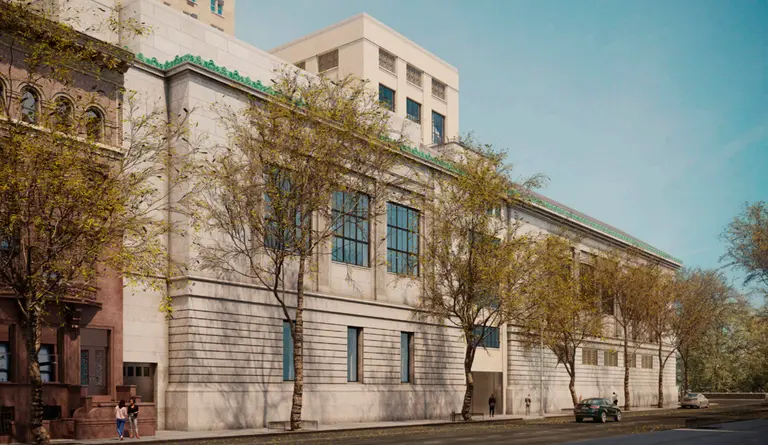



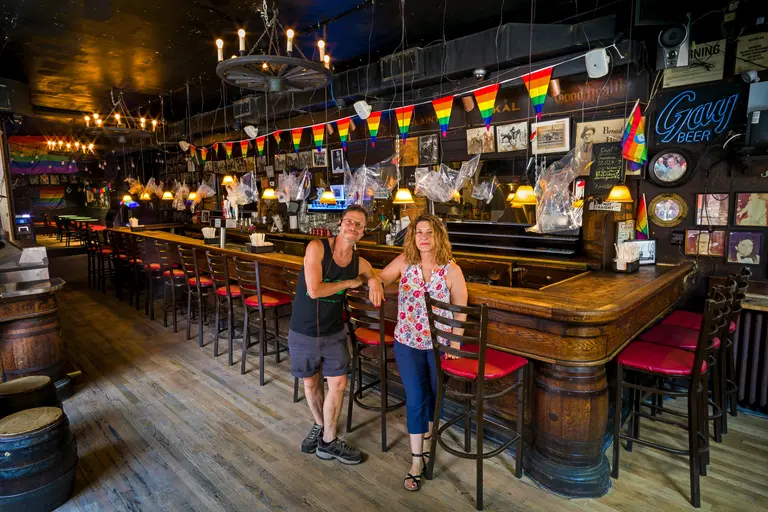
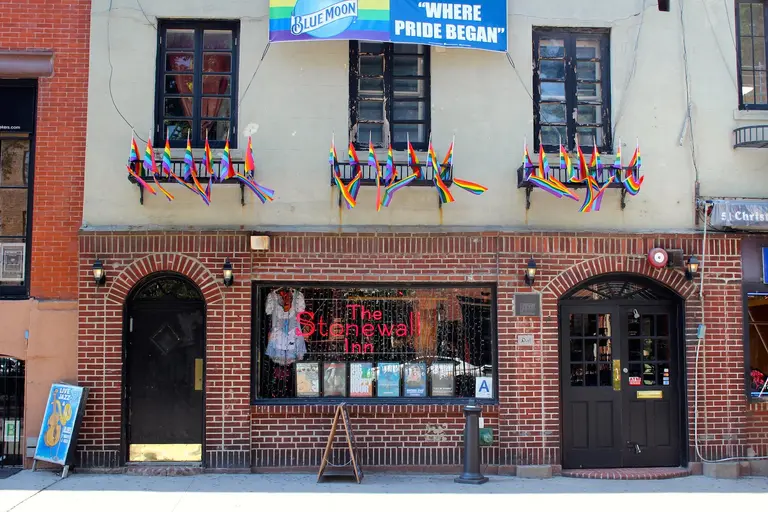
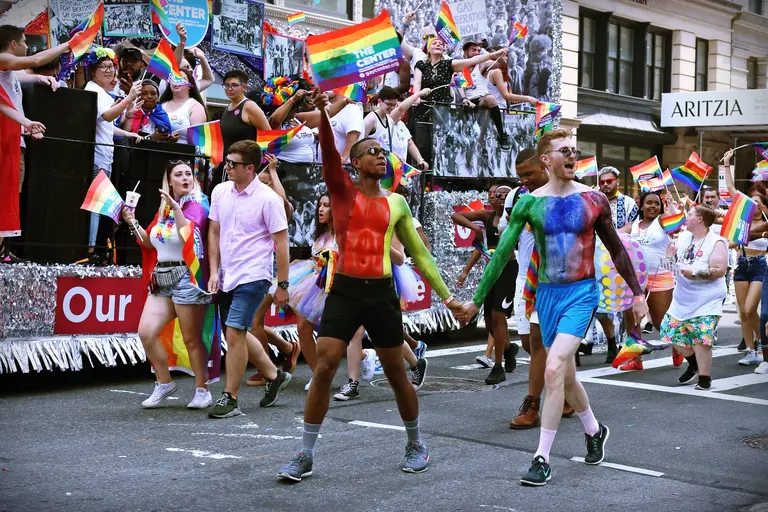
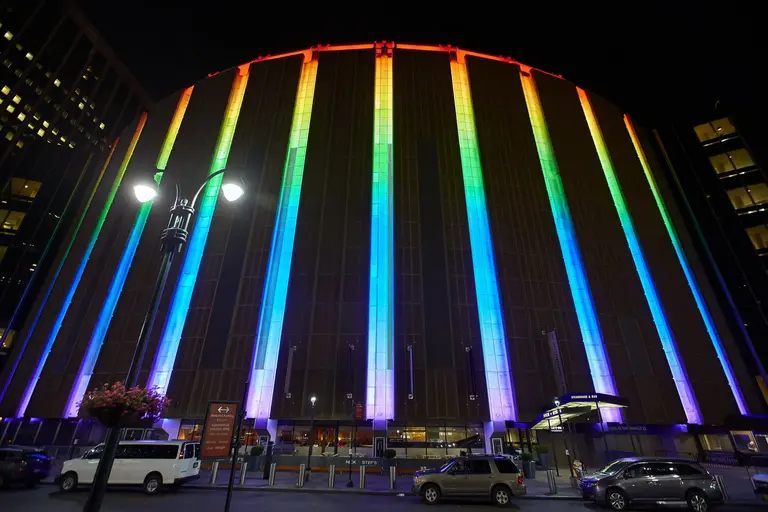
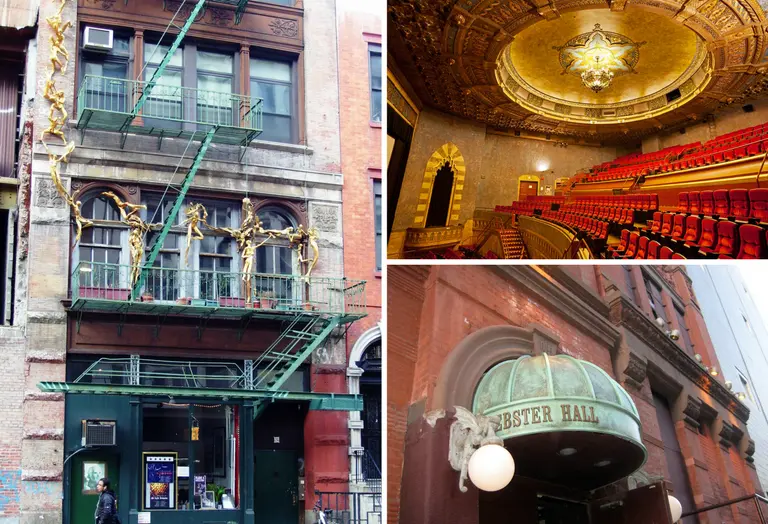
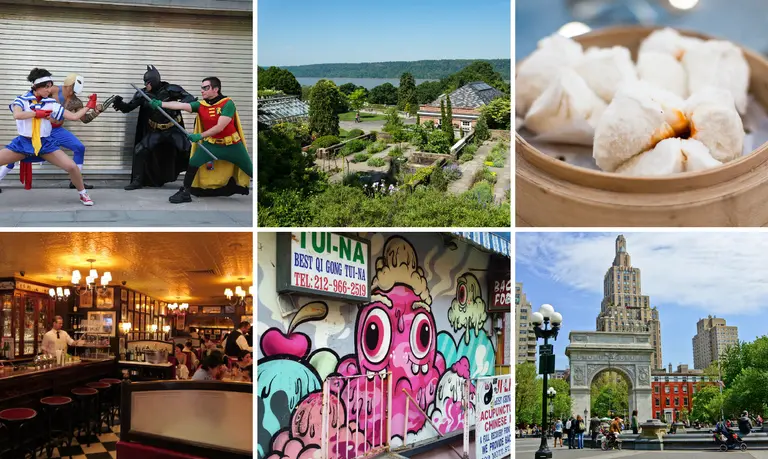
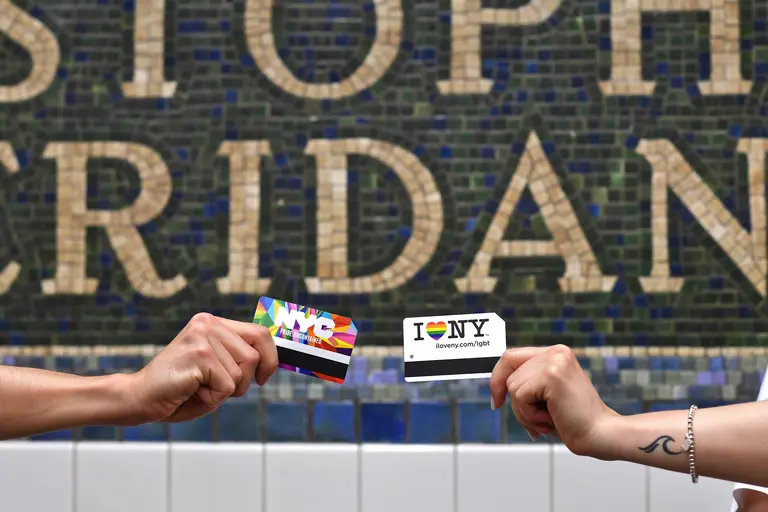
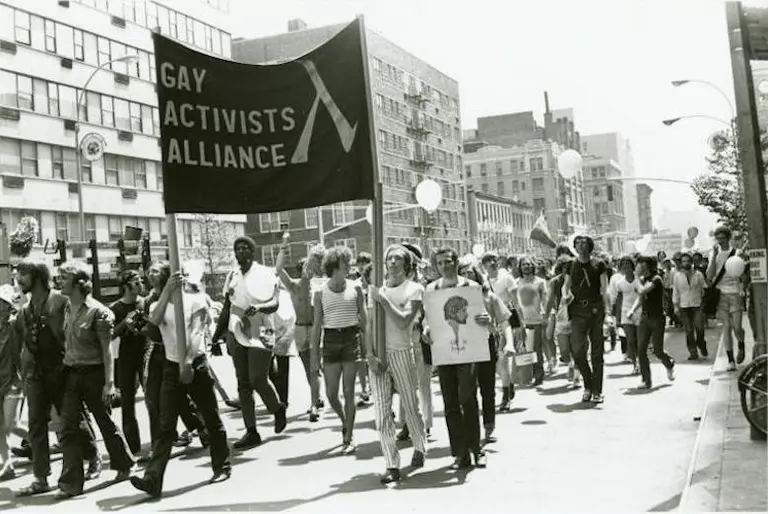










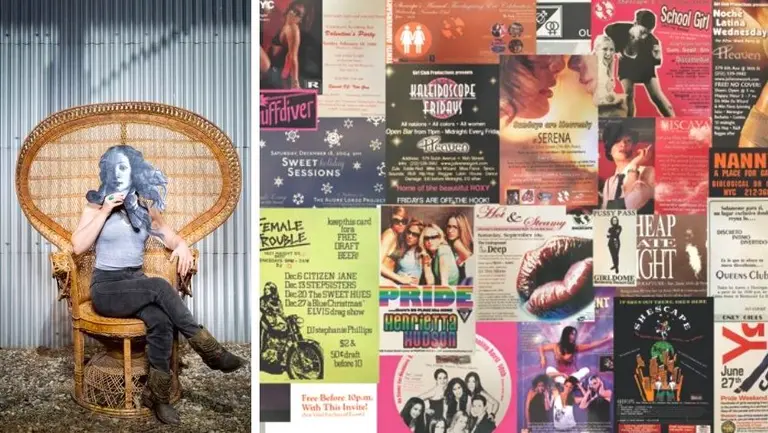
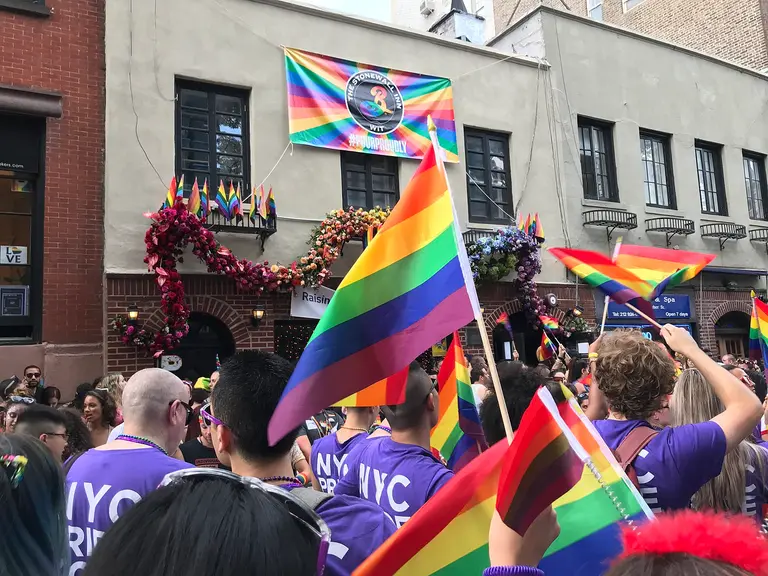
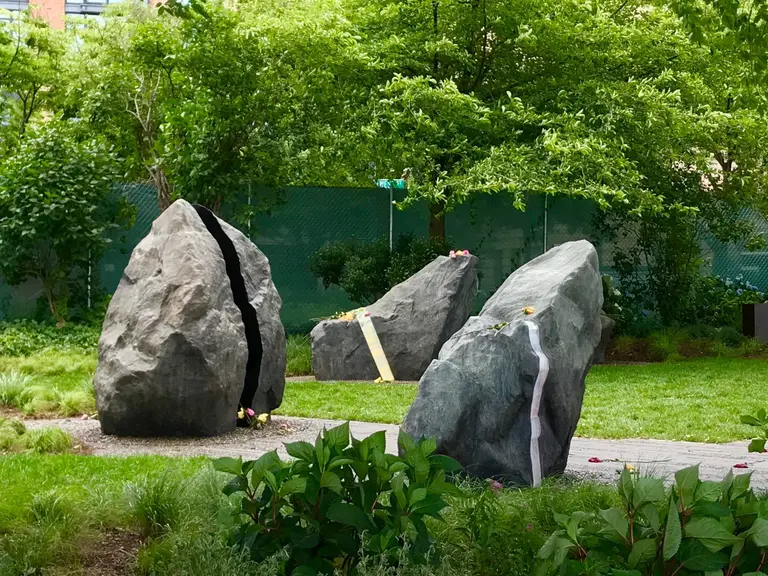
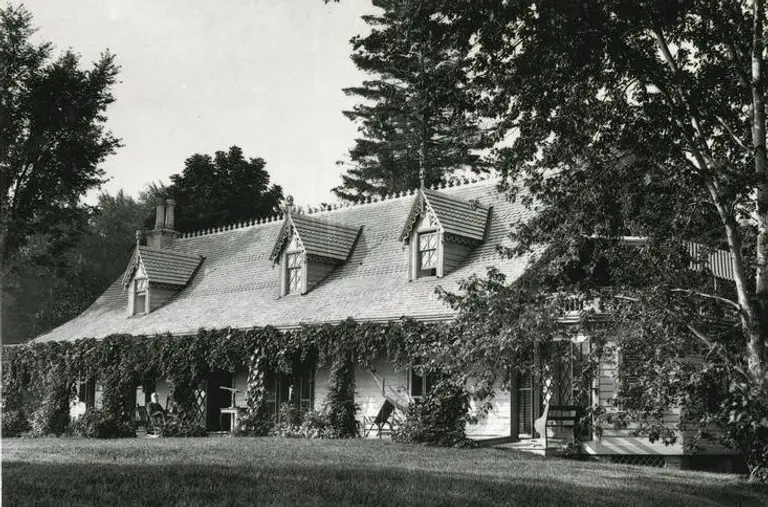
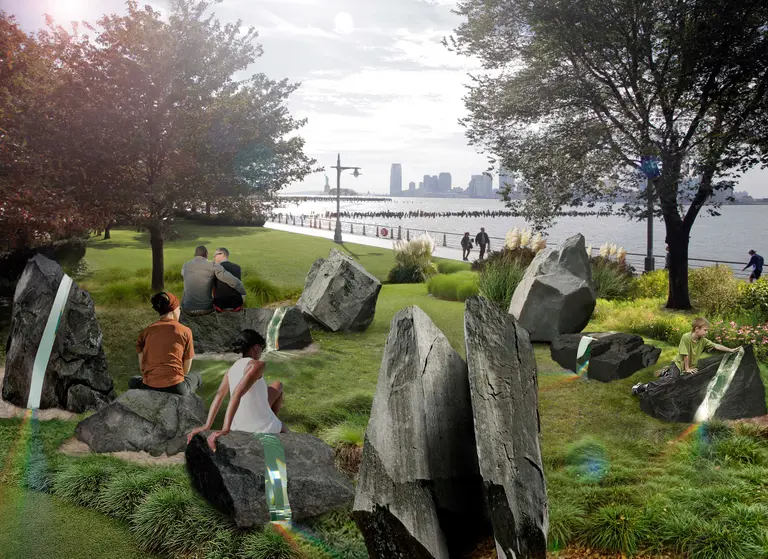
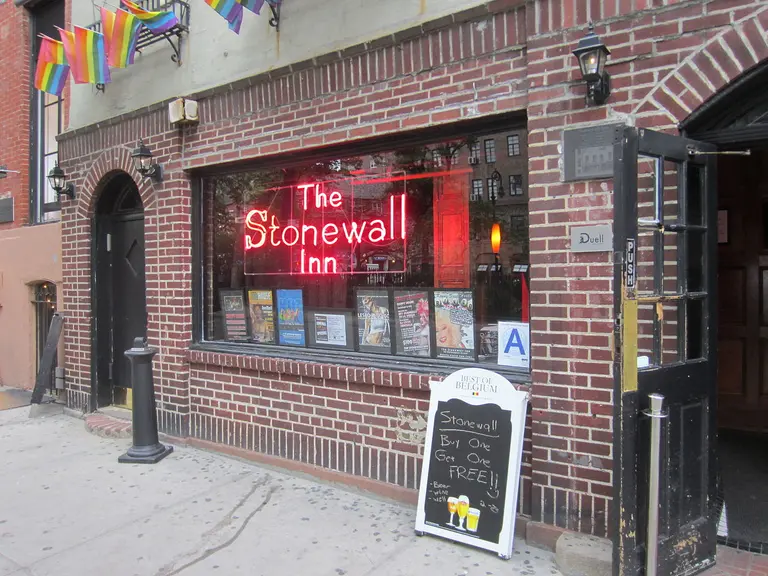
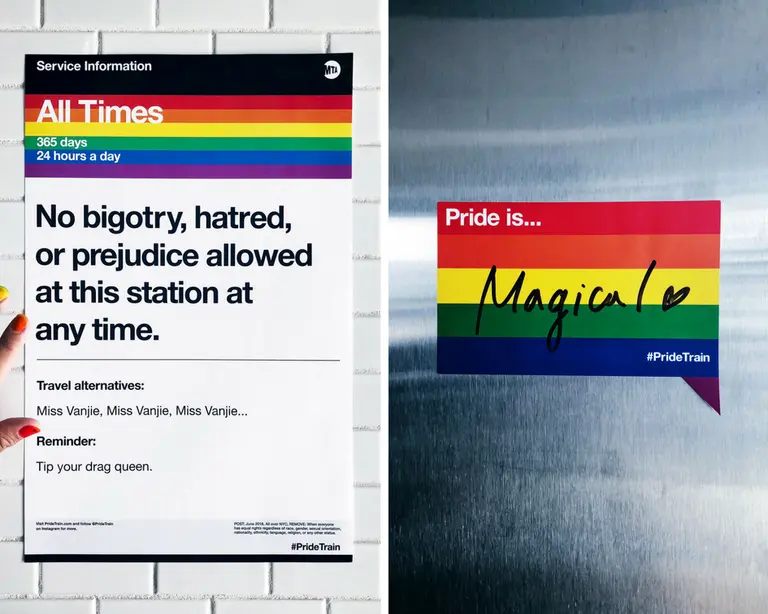
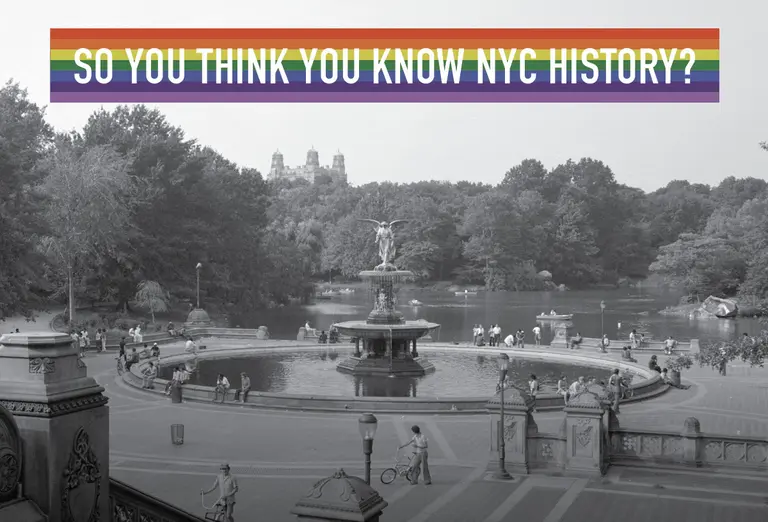
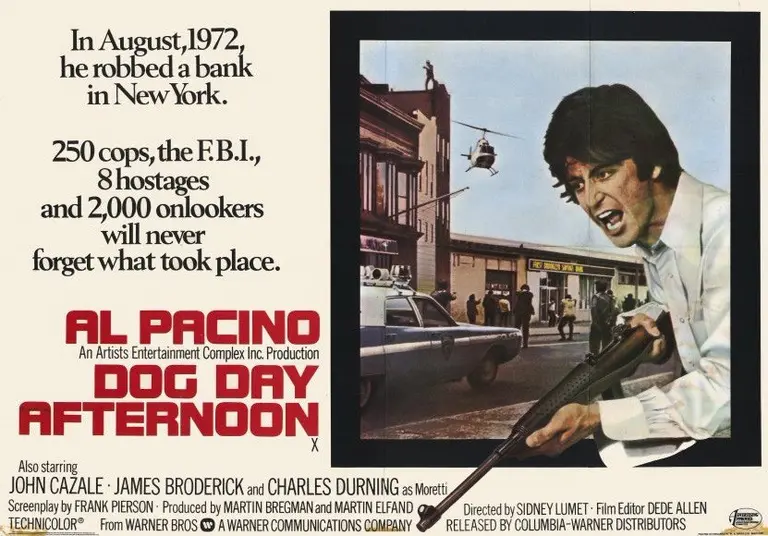
 Know of something cool happening in New York? Let us know:
Know of something cool happening in New York? Let us know:
